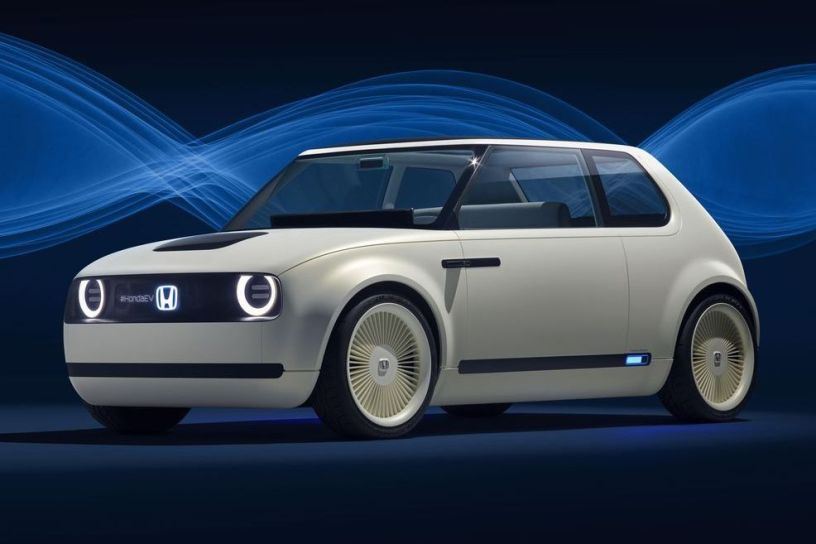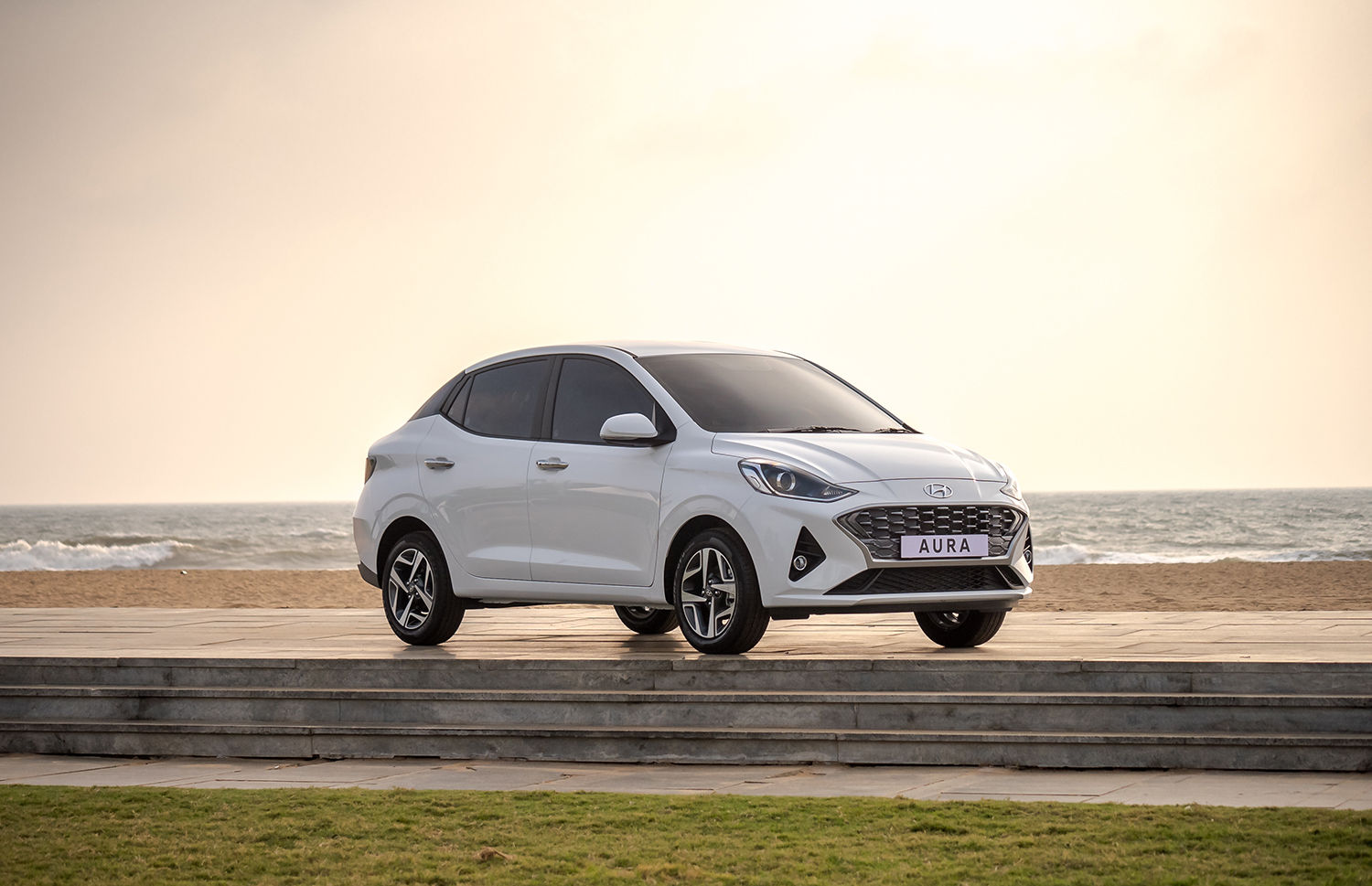Future EVs From Toyota, Honda and BMW May Get Solid State Batteries
Modified On Dec 22, 2017 06:56 PM By Jagdev
- Write a comment
EVs with solid-state batteries are expected to have a longer range, charge quicker, and be safer in comparison to those with Li-ion batteries.

With pollution levels at an all-time high, carmakers are considering all possible options to master the next big thing in the market – Electric Vehicles (EVs). Although there are many EVs out there, most suffer issues such as from range, long charging times, and high cost. Solid-state batteries are likely to iron out these challenges. At least, that’s what it looks like.
So far, three carmakers - Toyota, Honda, and BMW - have already started research on solid-state batteries. Toyota has even set a 2020 deadline for the rollout of its first EV equipped with the said battery tech. It recently joined hands with tech-giant Panasonic, which already supplies lithium-ion batteries to the Japanese automaker.
Honda has just stated that it would consider developing solid-state batteries for its electric cars to help cut the carbon footprint and meet ever-tightening emission norms in global markets. BMW has also echoed interest in developing the same technology by investing in Solid Power, a Colorado-based startup firm. Honda and BMW are, however, yet to reveal their plans of launching an EV on the new battery invention.
What is a solid-state battery?
A solid-state battery is one in which a solid conductive material replaces the liquid or gel-form electrolyte. These batteries are compact and densely packed with charge. Solid Power, a Colorado-based startup in which BMW has recently invested, have incorporated a high-capacity lithium metal anode in lithium batteries thereby creating a solid-state cell with an energy capacity “2-3 times higher” than conventional lithium-ion.

Talking about the safety of these batteries versus Li-ion batteries, Toyota’s chairman Uchiyamada says that conventional lithium-ion batteries with liquid or a gel-like electrolyte have been known to leak or can ignite when they short-circuit and overheat but such risks are reduced in solid-state batteries.
Also read: Maruti Suzuki To Set Up India’s First Automobile Lithium-ion Battery Plant
Solid state batteries are also expected to cost less than Li-ion batteries that can hold as much charge. These batteries have so much potential that Toyota says their solid-state battery could be a game changer in the EV space.
But there are a few chinks in the solid-state battery’s armour as well. A solid-state battery’s life cycle is not expected to be too big, which is why some of the carmakers are still not ready to come out with an EV based on this tech. Toyota is expected to bring in their first EV with solid state batteries around 2020, and it looks like it will be the first carmaker to do that.
It's likely, Toyota's First Electric Vehicle In India Could Be A Small Car
Will solid-state battery technology be able to give EVs as long a range as internal combustion engine-equipped cars? Will it be possible to recharge EVs in minutes, the way it is with refuelling cars with a petrol/diesel engine? And importantly, will EVs one day cost as much as a petrol/diesel car? Let’s see if the answer lies in solid-state batteries.
Related: Suzuki’s Gujarat Battery Plant Likely To Supply EV Batteries To Toyota-Panasonic















